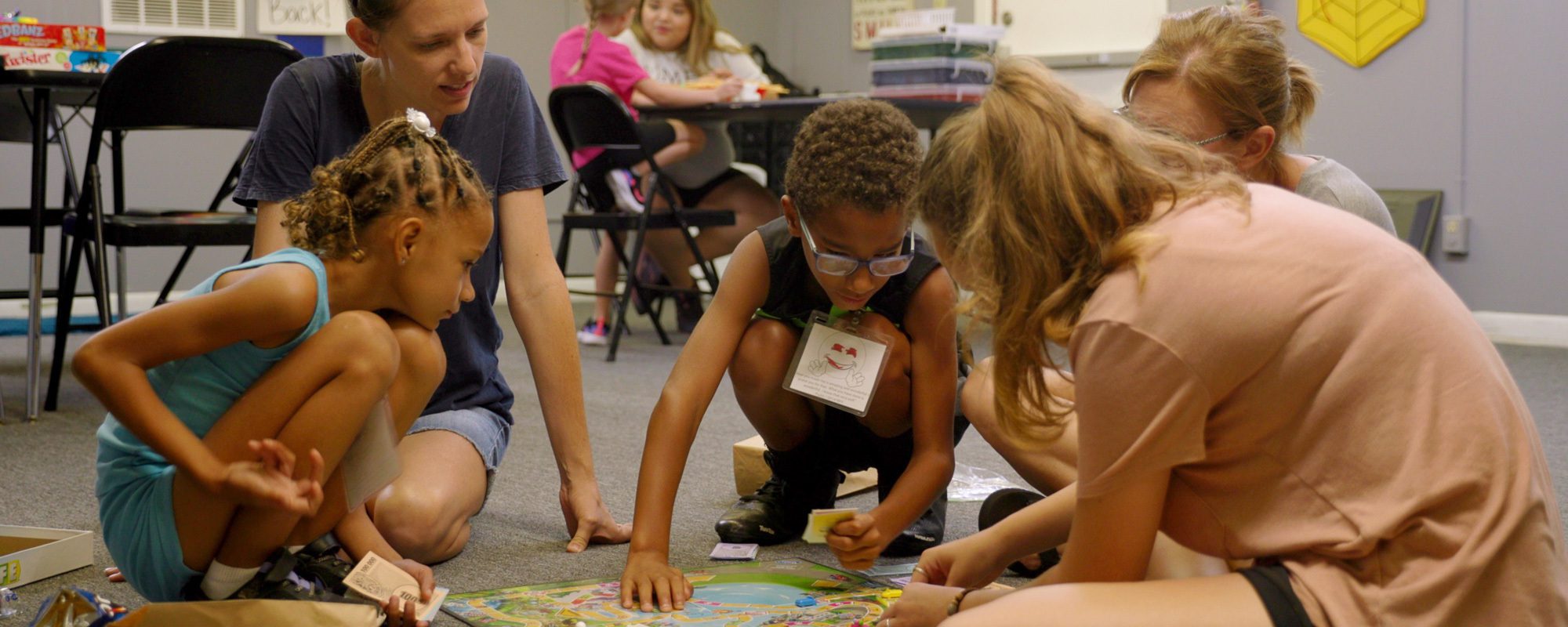Educational Advocacy
A degree in Educational Advocacy is designed for individuals who want to advocate for others and to help others learn and grow – across a variety of fields. This degree is a pathway for students interested in working with youth or children’s programs in a variety of settings. Examples might include advocates for adjudicated youth, directors or teachers in daycare programs, administrators or camp counselors in community youth programs or parks and recreation programs, children’s book publishing or contributing to children’s programming or publications, support in foster care programs, developers or sales representatives for educational publications, community art center providers, program designers or teachers in church youth programs, researchers for textbooks or educational entities, activity directors for children’s museums or libraries, activity directors for community centers, supporting education in the mission field, and more.
While not intended for students interested in becoming classroom teachers, this degree path includes a series of required foundational courses in the College of Education. In addition, students “tailor” the degree to include two focus areas. Examples might include business, art, Christian studies, sociology – or any number of areas to improve the student's ability to serve others in a specific field. Students select an internship in a location that aligns with their area of interest. The internship is coordinated through the College of Education.
Why should I choose Educational Advocacy?
Education advocates can have a lifelong impact on the lives of children. They will learn to support a child’s holistic growth and work to advocate for nurturing environments that foster safety, educational support, and inclusivity.
What are some courses I will take?
- Survey of Special Populations
- Students and Learning
- Child and Adolescent Development
- Trauma-imformed Advocacy to Communities

What are some career options?
With a degree in Educational Advocacy, you can follow many career paths:
- Advocates for adjudicated youth
- Directors or teachers in daycare programs
- Program designers or teachers in church youth programs
- Administrators or camp counselors in community youth programs
- Developers or sales representatives for educational publications
Where can I go to grad school?
Many Education students have continued their education at :
Why study Educational Advocacy at UMHB?
Do you have a passion for making a positive impact on our world? Are you on a mission to help improve others’ lives? Consider a degree in Educational Advocacy!
Apply Now